The 7 Most Important Spiritist Books: A Complete Guide
If you’re starting your journey into Spiritism or looking to deepen your knowledge, having a reading guide is essential. Spiritism, codified by Allan Kardec, is a doctrine with profound philosophical, scientific, and religious content—and its foundations are firmly rooted in literature.
But where should you begin? What are the must-read books of Kardecist Spiritism?
To help you, we’ve prepared a list of the 7 most important books every student of Spiritism should read. This guide includes the Kardecist Pentateuch, the indispensable foundation, along with complementary works that expand our understanding of life in the spiritual realm.
The Kardecist Pentateuch: The Core Foundation
Before we dive into the list, it’s important to understand what the Kardecist Pentateuch is. These are the five foundational works codified by Allan Kardec that serve as the cornerstone of Spiritist doctrine. The first five books in our list form this essential base.
1. The Spirits’ Book (1857)
Why it’s essential: This is the foundational milestone of Spiritism. Structured in a Q&A format, Kardec asks Higher Spirits fundamental questions about human existence. It is the philosophical backbone of Spiritism.
You’ll find:
- Evidence of God’s existence and the immortality of the soul
- The nature of spirits and their connection to the physical world
- The moral laws that govern the universe
- Humanity’s future and spiritual destiny
If you could read only one Spiritist book, this should be the one.
2. The Mediums’ Book (1861)

Why it’s essential: While The Spirits’ Book offers philosophy, The Mediums’ Book is the practical and experimental guide. It details all aspects of mediumship, offering a safe and structured path for understanding and developing this faculty.
You’ll find:
- Types of mediumship and spiritual manifestations
- How to develop mediumship safely
- The risks of unprepared spiritual practice
- The role of mediums in bridging the physical and spiritual realms
3. The Gospel According to Spiritism (1864)
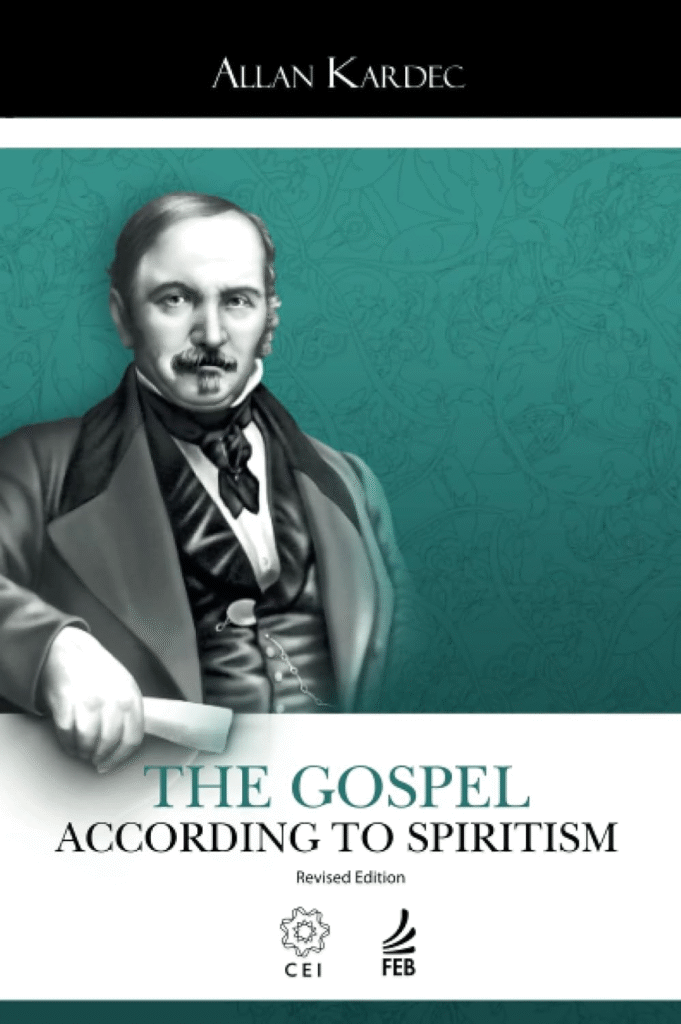
Why it’s essential: This book is the moral heart of the doctrine. Kardec explores the teachings of Jesus through the lens of immortality and reincarnation. It’s a guide for inner transformation and applying Christian values in daily life.
You’ll find:
- Deep analysis of Gospel passages, such as the Beatitudes
- Spirit instructions on charity, forgiveness, pride, and selfishness
- Comfort in life’s challenges, showing the justice behind our trials
4. Heaven and Hell (1865)
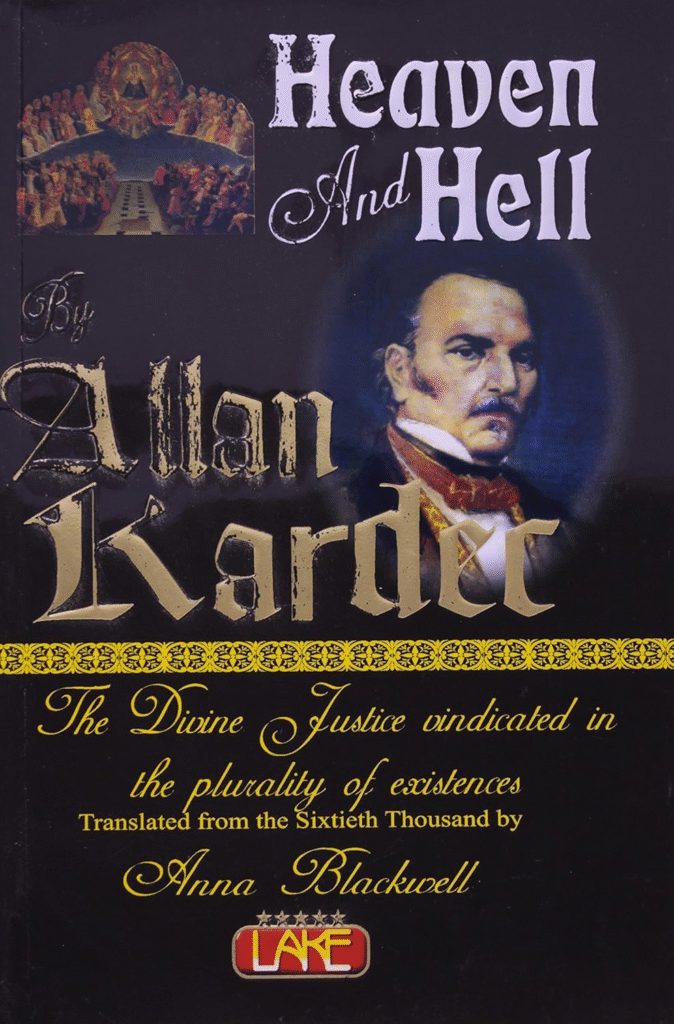
Why it’s essential: This book demystifies traditional concepts of heaven, hell, angels, and demons. Through logic and real spirit testimonies, Kardec presents Divine Justice based on the law of cause and effect.
You’ll find:
- Comparative analysis of beliefs about the afterlife
- Dozens of real accounts from spirits (happy, suffering, suicidal, etc.)
- The “Future Life Penal Code” showing how our actions shape our spiritual condition
5. Genesis (1868)

Why it’s essential: A book that bridges science and faith. Genesis tackles complex subjects such as the creation of the universe, origin of life, and the nature of Jesus’s miracles—with logical and Spiritist explanations.
You’ll find:
- Formation of worlds and living beings
- Rational explanations for miracles and prophecies
- A powerful argument for the harmony between science and religion
Complementary Must-Reads
After the Pentateuch, two psychographed books by Chico Xavier are essential to bring these concepts to life.
6. Nosso Lar (Our Home) – by the Spirit André Luiz
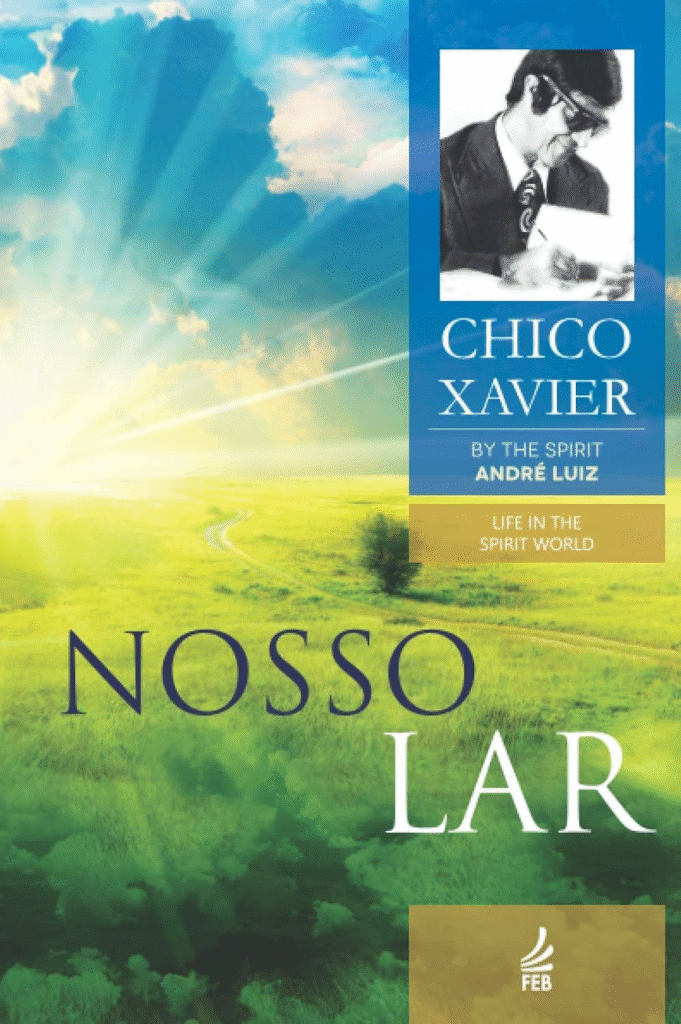
Why it’s essential: If you’ve ever wondered what life is like in the spirit world, this book has the answers. Spirit André Luiz describes in detail his arrival at the spiritual colony “Nosso Lar,” reshaping how we imagine the afterlife.
You’ll find:
- Daily life, structure, and work in a spiritual city
- Healing processes for suffering spirits
- A hopeful and inspiring vision of life beyond death
7. Paul and Stephen – by the Spirit Emmanuel
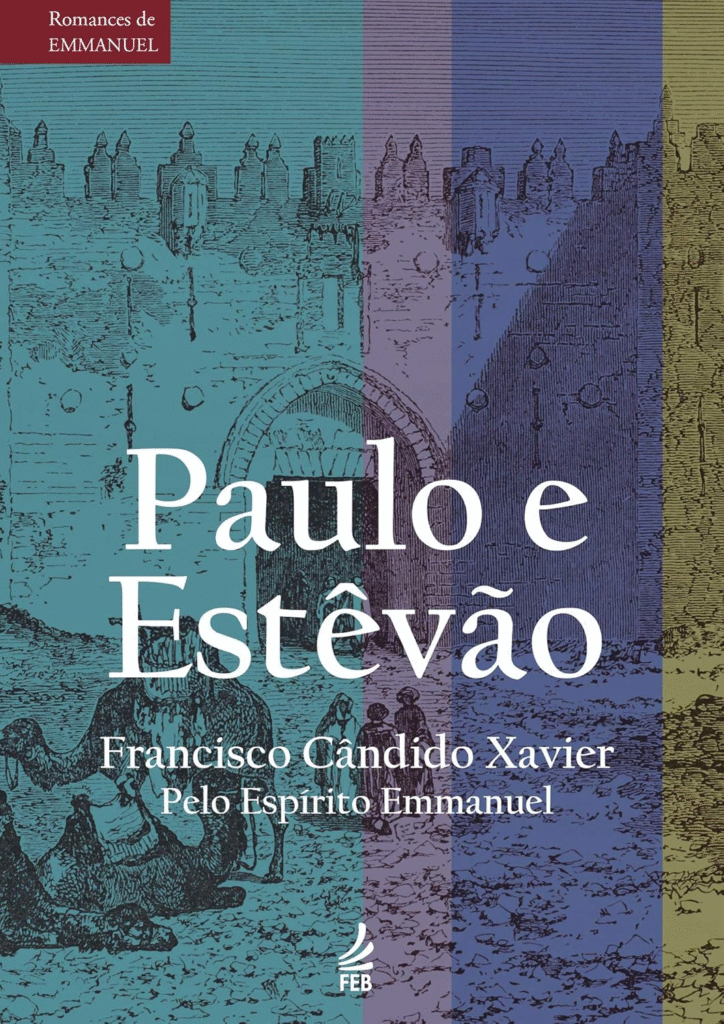
Why it’s essential: Considered one of the greatest Spiritist novels, Paul and Stephen tells the powerful story of Paul of Tarsus. It’s a profound lesson on redemption, forgiveness, and the transforming power of love—bringing Spiritist principles to life.
You’ll find:
- A historical and moving account of early Christianity
- Real-life examples of reincarnation, trials, and missions
- Deep lessons on pride, humility, and doing good
Final Thoughts
Studying Spiritism is a transformative journey. These seven books offer a solid and inspiring path—from Kardec’s foundational teachings to the illuminating narratives of Chico Xavier.
Start with The Spirits’ Book and follow the order of the Pentateuch. You’ll see how each book builds upon the last, creating a logical, comforting, and liberating body of knowledge.
Have you read any of these books? Which one is your favorite? Share your thoughts in the comments!
Share this content:
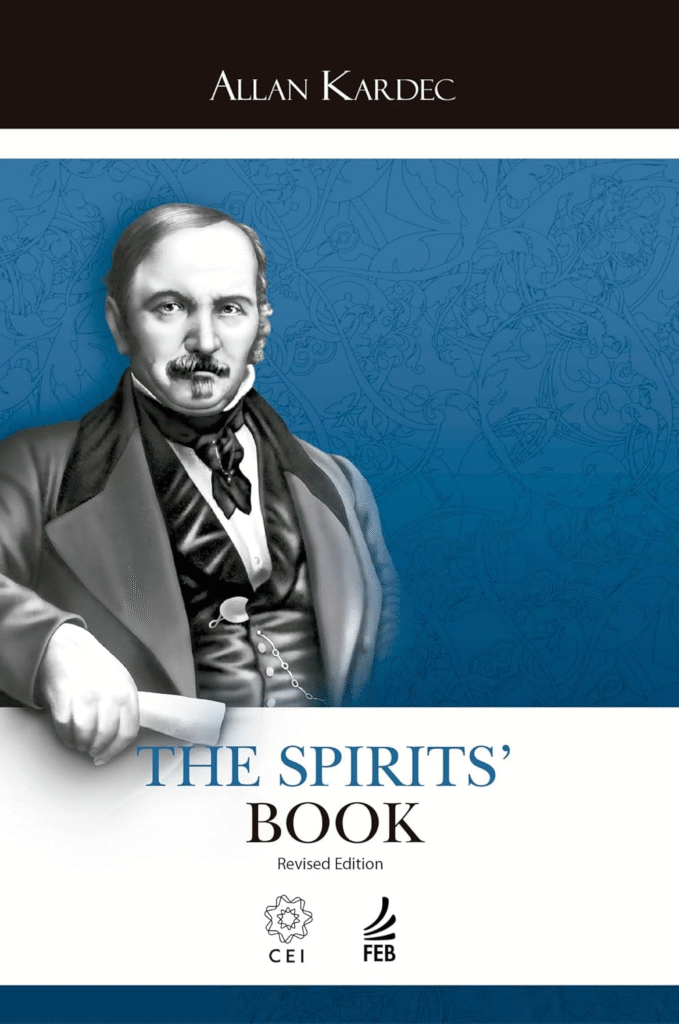





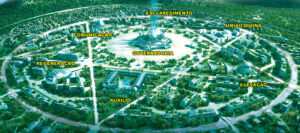



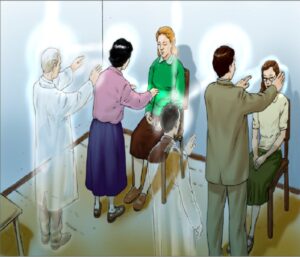



Post Comment